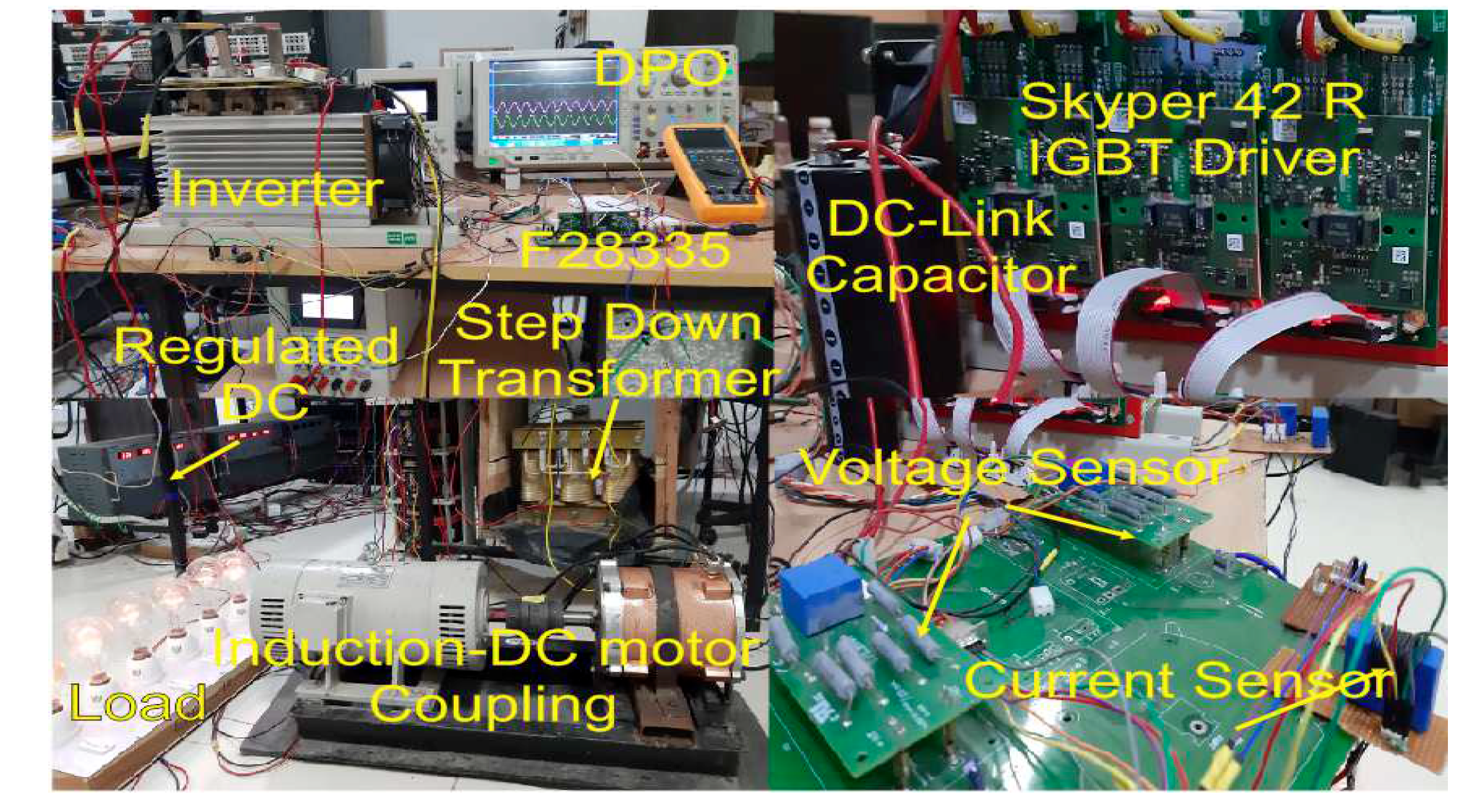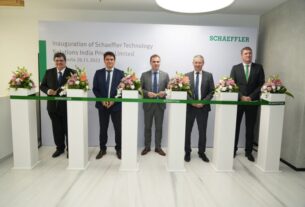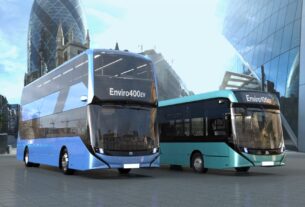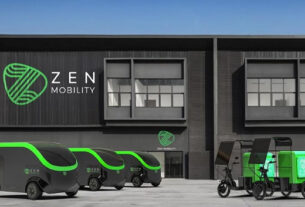
Indian Institute of Technology Jodhpur’s research work presents a solution to reduce oscillation in Electric Vehicles due to uneven drive surface. The solution is developed for electric two electric two-wheeler vehicles. The transport sector is a major contributor to carbon emissions, with internal combustion engine (ICE) vehicles responsible for approximately 26% of total air pollution. As a result, there has been a sustained effort to replace these conventional vehicles with electric vehicles (EVs) to minimize harmful emissions. This push has stimulated research in the development and control of EVs, as well as the creation of efficient batteries, durable motor design, and cost-effective vehicle production methods to improve performance and make EVs a viable alternative to ICE vehicles.
The proposed approach by the researchers is an Integral Sliding Mode Control Based Direct Torque Control (ISM-DTC) method for Induction Motor (IM). This approach aims to leverage the inherent qualities of disturbance rejection and robustness against operational uncertainties and parametric variations. It also seeks to enhance the performance of the conventional Proportional-Integral (PI)-based DTC (PIDTC) approach in uncertain EV driving conditions. The research paper was published by Dr. Deepak Fulwani, Associate Professor, Department of Electrical Engineering, IIT Jodhpur along with Dr. Shivam Chaturvedi, Mr. Rammohan and Mr. Sandeep Yadav in IEEE Transactions Vehicular Technology (https://doi.org/10.1109/TVT.2021.3120282)
Sharing on the significance of the research, Dr. Deepak Fulwani, Associate Professor, Department of Electrical Engineering, IIT Jodhpur, said, “The proposed work has significant scope in improving driving comforts affected by various road conditions for EVs.”
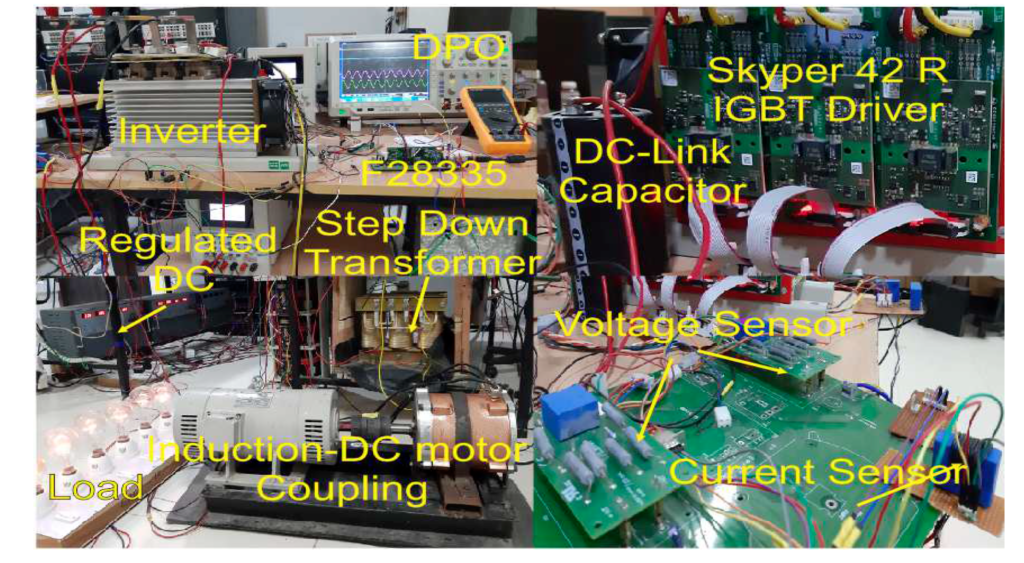
To maintain speed and serve as a nominal control, the proposed control method is integrated with PIDTC. The non-linear ISM loop effectively counteracts speed variations by ensuring that the electromagnetic torque and dynamic load torque demand are balanced. Additionally, the proposed control method cancels out uncertainties.
The research was funded by the Department of Heavy Industries (DHI)- Non-Ferrous Materials Technology Development Centre (NFTDC), Hyderabad, India. The findings in this work can be fine-tuned for various electric vehicles to improve driving experience. However, a robust controller is developed which can mitigate effects of uneven road surfaces. The controller can be integrated with any existing controller so retrofitting is possible.
IIT Jodhpur is providing courses in this field such as M.Tech. (Cyber Physical Systems). Interested candidates can find details here – https://iitj.ac.in/department/index.php?dept=ee&cat=program&id=52. The program will provide detailed training on patent landscaping as well as M. Tech projects aligned with industry, sponsored and consultancy projects available in the department. The program provides a flexible academic mechanism with the option to continue to PhD in M.Tech-Ph.D. Dual Degree mode.
The institute has also started an inter-disciplinary Research Platforms (IDRPs) on Robotics and Mobility Systems (RMS, which is a multi-disciplinary initiative with focus on solving open research problems requiring an integrated approach through the fusion of knowledge from multiple fields. The more details on this platform can be found here – https://iitj.ac.in/rm/ . The main objective of the institute is to produce professionals with deep knowledge, and analytical and experimental research skills to handle problems in the domains of Robotics and Mobility Systems.


